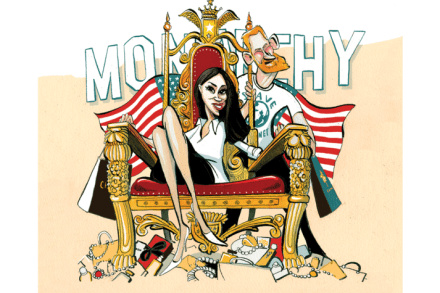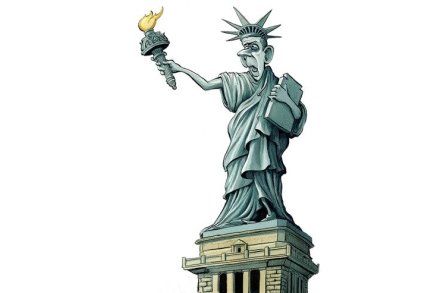The sad truth about Phillip Schofield
You hear a lot about Artificial Intelligence (AI) taking over professions in the near future – and I think television presenters should be particularly worried. Think about it. Robots wouldn’t expect salaries of hundreds of thousands of pounds. They wouldn’t jump queues. They wouldn’t have lurid headlines about paedophile brothers casting a pall over their shiny facade. And they wouldn’t show a cheery Doctor Jekyll-bot to the public and a nasty Mr Snide-bot to those they considered their inferiors. I’m thinking, of course, about Phillip Schofield. Amusingly, when you go to his Wikipedia page you find a line at the top saying: ‘This article is about the television presenter. For





















